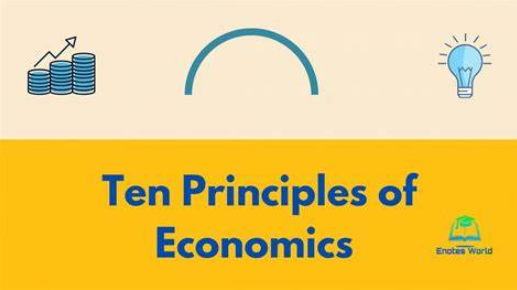- First of All
什么是教育
Education Is What Remains After You Have Forgotten Everything You Learned In School
在你忘记所有你在学校中学到的知识后,剩下的东西,就是教育
经济学十大原理
十大原理分成三类问题
- How People Make Decisions(人们如何作出决策)
- How People Interact(人们如何相互影响/相互作用)
- How the Economy as a Whole Works(整体经济如何运行)
前两个问题属于微观经济学,第三个问题属于宏观经济学
十大原理如下:
- People face tradeoffs(人们面临得失交换/权衡取舍)
- The cost of something is what you give up to get it.(某物的成本是为获得此物所放弃的东西)
- Rational people think at the margin.(理性人思考边际量,思考现象的导数,而不是本身)
- People respond to incentives.(人们会对激励/刺激作出反应)
- Trade can make everyone better off.(贸易能使人人收益)
- Markets are usually a good way to organize economic activity.(市场通常是组织经济活动的好方式)
- Governments can sometimes improve market outcomes.(政府有时可以改进市场结果)
- The standard of living depends on a country’s production.(一国的生活水平取决于它的生产)
- Prices rise when the governments prints too much money.(政府超发货币时,物价上涨)
- Society faces a short-run tradeoff between inflation and unemployment.(社会面临通货膨胀和失业之间的短期得失交换)
词记:
tradeoffs:妥协,让步
margin:边际,边缘,界限
incentives:刺激,激励
